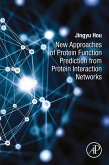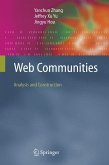
Broschiertes Buch
Analysis and Construction
Softcover reprint of hardcover 1st ed. 2006
12. Februar 2010
Springer / Springer Berlin Heidelberg / Springer, Berlin
978-3-642-06611-5
| Gebundenes Buch | 41,99 € | |
| eBook, PDF | 40,95 € |
Ähnliche Artikel
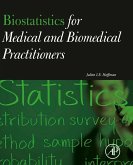
eBook, ePUB
3. September 2015
Elsevier Science & Techn.
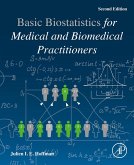
eBook, ePUB
19. März 2019
Elsevier Science & Techn.


eBook, ePUB
15. Februar 2024
Elsevier Science & Techn.
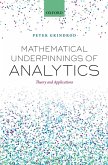
26,95 €
Sofort per Download lieferbar
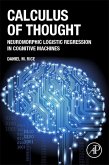
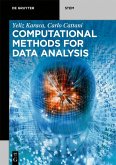
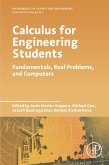
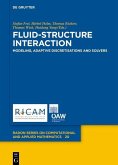

eBook, ePUB
18. Dezember 2019
John Wiley & Sons
Ähnlichkeitssuche: Fact®Finder von OMIKRON

